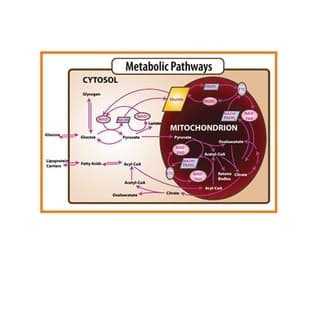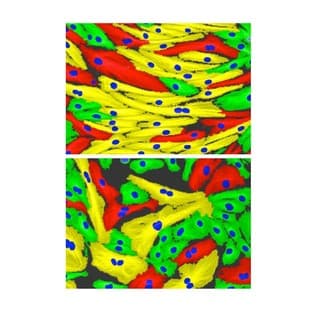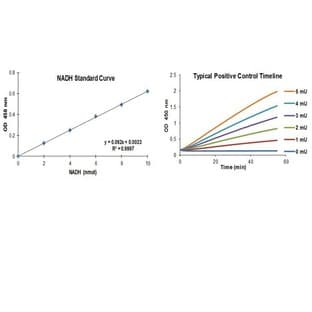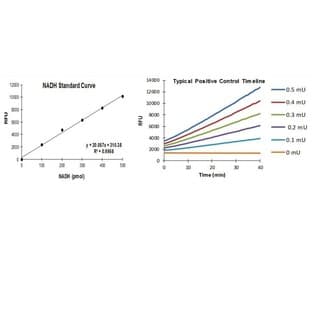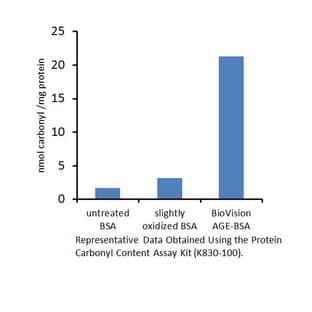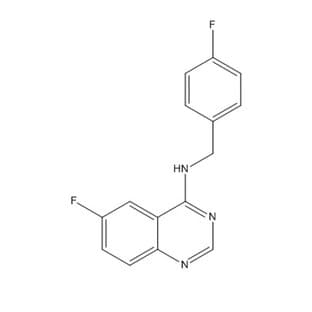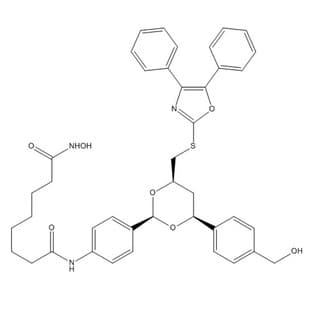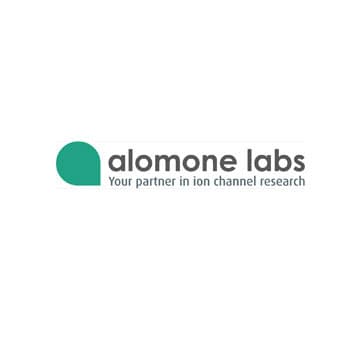
Supplier:
Alomone Labs Limited.Cat no: B-245
BUY BDNF proDomain (WT-human)
Brain-Derived Neurotrophic Factor -proDomain (WT-human)
recombinant, E. coli
BDNF regulates neuronal survival, differentiation, and synaptic plasticity. It affects the release of excitatory neurotransmitters and has been found to affect cardiovascular development and function. Like many other neurotrophins, BDNF is a cleavage product of the BDNF precursor proBDNF. This precursor may be cleaved by various proteases, intracellularly by furin and extracellularly by several proteases including prohormone convertases, plasminogen activator, MMP-3 and MMP-7 in vitro.
Two different trans-membrane receptor proteins mediate BDNF and proBDNF signal transduction: the TrkB, and the pan-neurotrophic receptor p75NTR. ProBDNF has been demonstrated to induce TrkB phosphorylation in vitro and to bind p75NTR and sortilin to promote apoptosis.
In many cases, the full prodomain region derived from the protein precursor has biological functions, for instance; the prodomain of the transforming growth factor beta (TGFbeta) affects the dimerization and folding as well as the activity of the mature proteins via non-covalent association. The propeptide of the bone morphogenetic proteins BMP-4 and BMP-7 regulates the diffusion and distribution of these growth factors within the extracellular matrix. The prodomain region of the BDNF precursor plays an important role in regulating its intracellular trafficking to secretory pathways. However, the role of the full BDNF-prodomain, which is a product of proteolytic cleavage of proBDNF, is not clearly understood. Furthermore, binding competition studies suggest that binding sites for BDNF prodomain are located in the tunnel of the ten-bladed beta-propeller domain of sortilin.
Alomone Labs is pleased to offer BDNF (WT-human) proDomain, a recombinant peptide expressed in and extracted from E. coli and purified to homogeneity.
Neurotrophic Factors; Neurotrophins
Prices direct from Alomone Labs Limited.
Quick response times
Exclusive Absave savings/discounts
Latest promotions
Buy any polyclonal or monoclonal antibody from our extensive range of pre-made antibodies and for a limited time only receive a $50 discount!(T&C apply:...
New brilliant antibodies, and new lower prices!For flow cytometry reagents in general, \"bright is better.\" The violet-excitable BD Horizon™ BV421 and...
10% Discount on 2 Rabbit Polyclonal Antibody Service. With over 20 years experience, SDIX has developed into the premier US custom antibody producer,...
For the past decade scientists have extensively used ATS secondary toxin conjugates to make their own targeted toxins for in vitro use.The ability to combine...
We're so sure that you'll prefer Cayman Assay kits over your present brand that we're willing to give you a free assay kit to prove it!
Did your supplier increase the price of Fetal Bovine Serum? Did they substitute the US Origin with USDA? Well say no more! Innovative Research is still...
Bulk Cytokines with Custom Vialing.20 - 50% off cytokines, growth factors, chemokines and more...For a limited time Cell Sciences is offering substantial...
Are you planning to have a customised antibody made for your research?Since 2000, Everest has been producing a catalog containing thousands of affinity...
Top suppliers
Agrisera AB
11 products
Biotrend
Biosensis
969 products
ABBIOTEC
3011 products
SDIX
1 products
Spring Bioscience
2291 products
Cell Signaling Technology
4976 products
Rockland Immunochemicals, Inc.
7592 products
Boster Immunoleader
1533 products
OriGene Technologies Inc.
5281 products
Maine Biotechnology Services
227 products
BD (Becton, Dickinson and Company)
1 products
ABNOVA CORPORATION
Randox Life Sciences
1502 products

